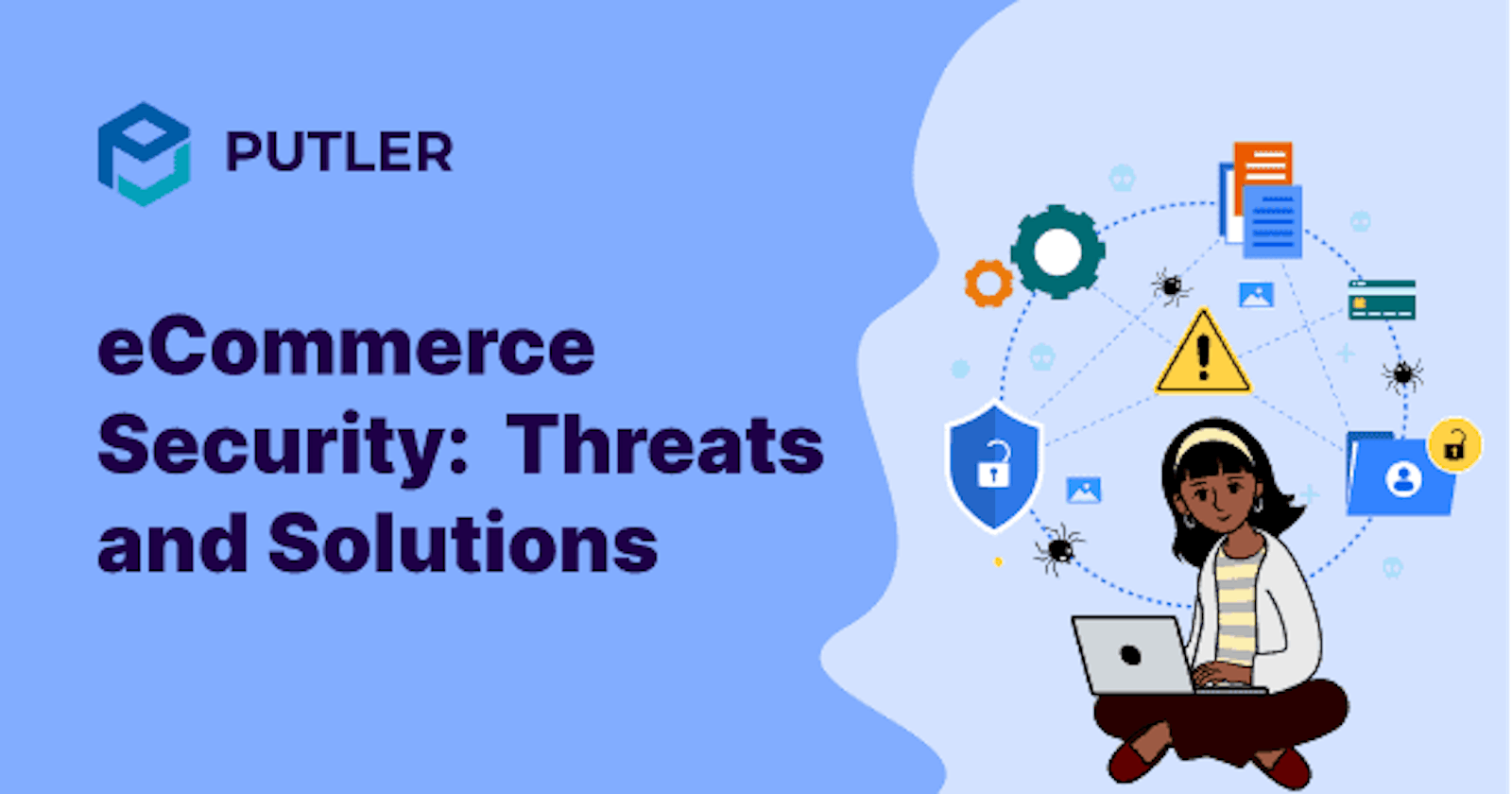Introduction
With the exponential growth of eCommerce, online shopping has become an integral part of modern consumer culture. While this virtual marketplace offers convenience and accessibility, it also presents various security challenges. As an eCommerce store owner, ensuring the security of your customers' personal and financial data is paramount. A secure online store builds trust, fosters customer loyalty, and protects your reputation. In this article, we'll explore essential tips to bolster the security of your eCommerce store and safeguard your customers' sensitive information.
- Choose a Secure eCommerce Platform
Selecting a secure and reputable eCommerce platform is the foundation of a secure online store. Opt for well-known platforms that have robust security measures in place, regular updates, and a strong track record of protecting their users' data. Major platforms often provide dedicated security teams and frequent patches to address vulnerabilities.
- Keep Software and Plugins Up to Date
Outdated software and plugins are common entry points for hackers. Regularly update your eCommerce platform, content management system (CMS), and all installed plugins to the latest versions. These updates often contain security patches that fix known vulnerabilities and bolster your store's defenses.
- Implement Secure Socket Layer (SSL) Encryption
SSL encryption is crucial for securing data transmission between your website and your customers' browsers. It ensures that sensitive information, such as login credentials and credit card details, is encrypted and protected from interception by malicious actors. Installing an SSL certificate also displays the padlock icon in the browser's address bar, reassuring customers that their connection is secure.
- Adopt Strong Password Practices
Encourage your customers to create strong passwords with a mix of uppercase and lowercase letters, numbers, and special characters. For your eCommerce platform and admin accounts, utilize complex passwords and two-factor authentication (2FA) whenever possible. Enforce password changes periodically to minimize the risk of unauthorized access.
- Regular Data Backups
Data backups are your safety net in case of a security breach or system failure. Regularly backup your website data and customer information to a secure location, separate from your primary server. Cloud-based backup solutions offer an additional layer of protection against data loss.
- Employ a Web Application Firewall (WAF)
A Web Application Firewall (WAF) acts as a barrier between your website and potential threats. It filters and monitors incoming traffic, detecting and blocking malicious attempts to access your store. Implementing a WAF can significantly reduce the risk of common cyber attacks, such as SQL injection and cross-site scripting (XSS).
- Conduct Regular Security Audits
Perform regular security audits to identify vulnerabilities and potential weaknesses in your eCommerce store. Consider hiring third-party security experts to conduct penetration testing and code reviews. Address the identified issues promptly to enhance your store's security posture.
- Monitor Suspicious Activity
Deploy real-time monitoring tools to detect suspicious activities and potential security breaches. These tools can alert you when unusual patterns of behavior occur, enabling you to take immediate action before any damage is done.
- Educate Your Staff and Customers
Educate your employees about cybersecurity best practices, such as recognizing phishing attempts and safeguarding sensitive information. Additionally, provide your customers with security tips, privacy policies, and transparent information on how their data will be handled.
Conclusion
In an increasingly digital world, the security of your eCommerce store should be a top priority. By implementing the right security measures and staying proactive against evolving threats, you can build trust with your customers, protect their data, and create a safe online shopping environment. Remember that investing in security is an investment in the future success of your eCommerce business. Stay vigilant, adapt to emerging security technologies, and maintain a robust security strategy to safeguard your customers and your brand.
